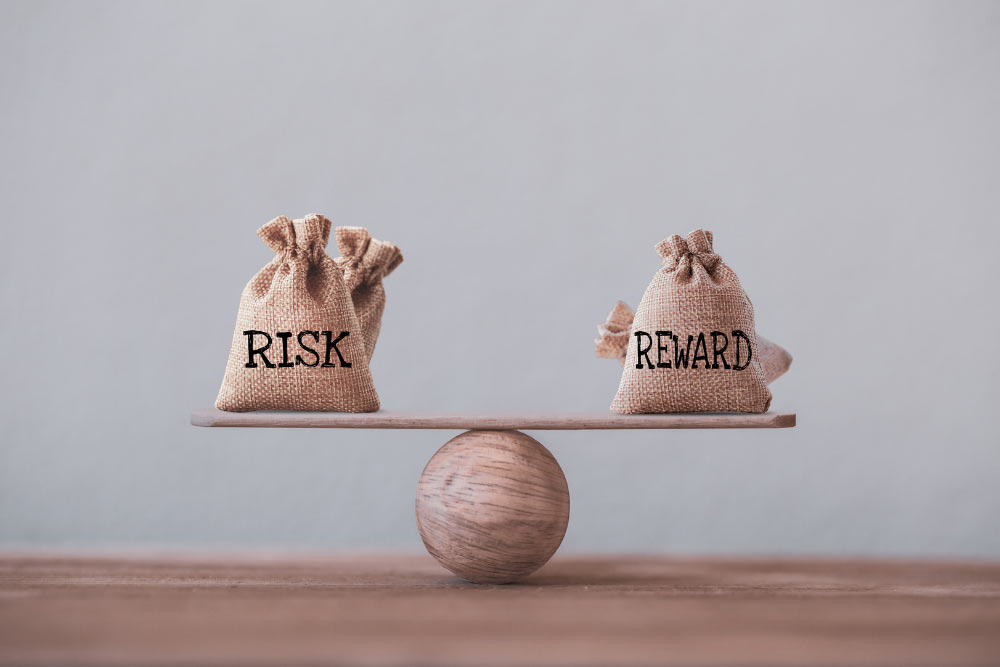When we first start earning, the sheer bliss of financial independence and access to our very own money, makes us want to indulge. When it comes to a huge chunk of our earnings, we are either wearing it, eating it, or drinking it. And that’s okay. All of us have that financial version of a honeymoon phase. But at some point, realisation hits—we need savings, investments, and an emergency fund to be financially independent in the real sense of the term.
It may seem overwhelming at the start, but it pays off in the long run, making us more secure and less financially dependent on someone else. “Life is full of uncertainty and one of the key elements of financial planning is planning for contingencies or emergencies. An emergency is a serious event that needs immediate action. Many emergencies can make one incur larger than normal expenses. Examples of such events could be job loss, sudden medical expenses of self or family members, car or home repairs, especially after accidents or unanticipated travel,” explained Sai Bhosale, a Mumbai-based chartered accountant and financial advisor.
Here’s why you need to build an emergency fund.

1) Health issues occur unannounced
Healthcare is expensive, and unless you have medical insurance, one may be forced to delay treatment because of a lack of an emergency fund. However, even if you have medical insurance, it may not fully sponsor your expenses. This is precisely why you should have a lump sum saved up, so when you require immediate medical attention, you won’t end up taking loans to attend to it.

2) A career sabbatical won’t leave you broke
During the pandemic, a number of people were rendered jobless due to budget cuts, downsizing, and companies shutting down. Without any income, people tend to become dependent on their families for financial assistance. This can add to the burden of a single-income household too. Often, people tend to stay in stressful jobs that affect their mental health just for that paycheque at the end of the month. Having an emergency fund gives you the confidence to make a change for the better.

3) Your focus remains on your financial goals
Segregating your income into savings, investments, and an emergency fund helps you stay focussed on your financial goals. It is a good practice that helps curb your impulsive spending habits. Whether you are looking to buy a home, or are trying to save up a certain amount by a given date, it will help you stay on track.

4) You can take calculated risks that can help you grow
Say, if you want to pursue higher education, or want to make an investment that comes with market risks, having an emergency fund to fall back on increases your appetite. You are better equipped to make these decisions with confidence, and not worry about what happens in case things don’t go as planned.

5) It reduces budget-related stress
When you’re living hand to mouth, it can create a lot of stress when there’s an additional, unforeseen expense. However, having money kept aside can help relieve that anxiety, especially if you have debts and EMIs to clear. “Emergency funds, also known as contingency funds, are meant to take care of such future unexpected expenses and economic losses without disturbing one's routine budget or finances,” Bhosale pointed out.
Steps to build an emergency fund
Bhosale shares some expert advice on how to efficiently build an emergency fund. Following these steps can help get started on building this emergency fund:
1. List possible emergencies, risks due to which any emergency could arise, and money required for various emergencies depending on your standard of living and lifestyle.
2. Analyse current financial income, financial position and determine a fair amount of savings that could be directed towards the emergency fund.
3. Start as early as possible.
4. Make a monthly/quarterly commitment to save money and stick to the commitment.
5. Park the fund in an account or investment which is safe, secure, liquid, less risky, and easily accessible. Consider factors like inflation and taxation while choosing the investment option. One could make a matrix of investments considering duration and liquidity. This will enable one to withdraw funds at different intervals and earn better returns on investments.
5. Keep your routine investments separate from the emergency fund, and any windfall or lump sum receipts such as a bonus or lottery winnings can be used to contribute to the fund.
6. Review the need and contingencies at regular intervals and after every major event in life, like marriage or birth of a child, and adjust the amount of the fund as and when required.
7. Do not withdraw the emergency fund for regular consumption.
You can also ask a personal financial advisor to guide you through this process, based on your income and savings portfolio.
Also Read: Good Debt Vs Bad Debt: Things To Consider Before You Take A Loan
Also Read: How to Evaluate Your Financial Health